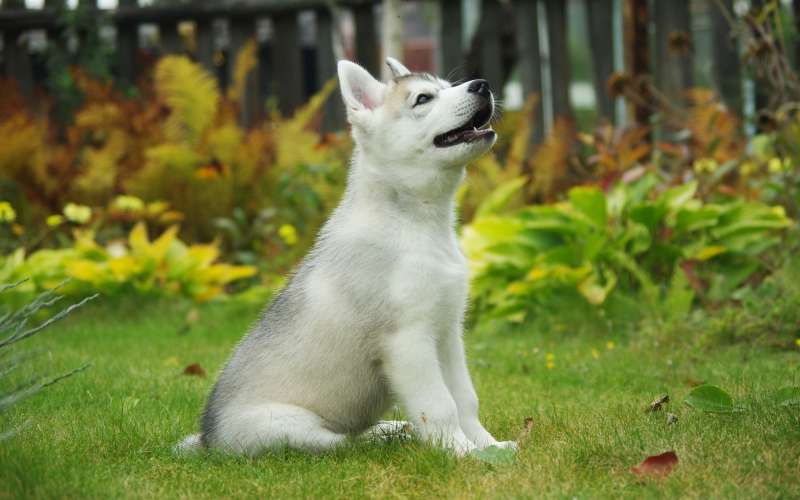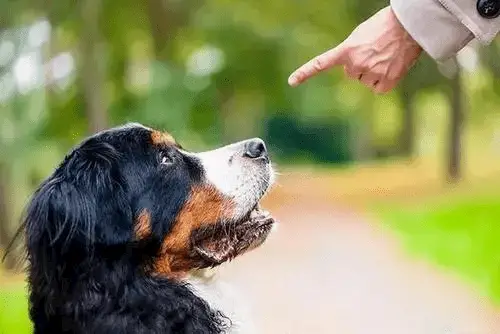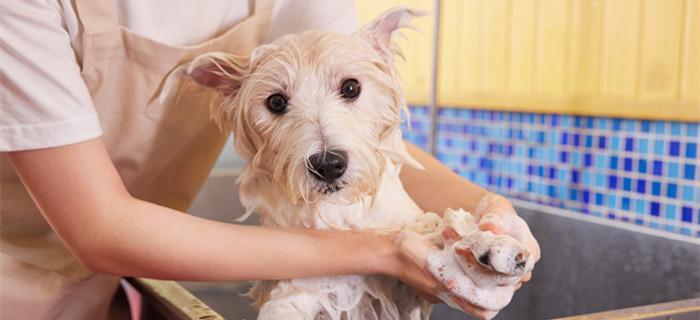
Welcoming a new dog into your home is an exciting journey, but it also comes with a lot of responsibility. As a new dog owner, ensuring the health, happiness, and safety of your pet is essential. In this comprehensive guide, we’ll cover everything you need to know about dog care, from feeding and exercise to grooming and training. Whether you’ve adopted a puppy or an older dog, these best dog care tips for new owners will help you provide the best care possible.
Keywords:
- best dog care tips for new owners
- how to train a dog to sit
- best food for large breed dogs
- common dog behavior issues
- puppy socialization tips
- basic dog training commands
- how to properly bathe a dog
- must-have pet care products
1. Understanding Basic Dog Training Commands

One of the first things new dog owners should focus on is training. Teaching your dog basic commands like “sit,” “stay,” and “come” establishes a foundation for good behavior and helps strengthen the bond between you and your dog.
How to train a dog to sit:
- Hold a treat close to your dog’s nose.
- Move your hand up, causing your dog’s head to follow the treat and their bottom to lower.
- Once they are in the sitting position, say “sit,” and give them the treat.
- Repeat this process several times daily until your dog masters the command.
Teaching basic dog training commands is crucial for setting boundaries and ensuring your dog’s safety in various situations. Consistency and patience are key when training your dog.
2. Choosing the Best Food for Large Breed Dogs

A well-balanced diet is fundamental to your dog’s overall health, but it’s important to select food that matches their breed and size. Large breed dogs have unique dietary needs, including maintaining a healthy weight and supporting their bones and joints.
Best food for large breed dogs:
- Look for dog food specifically labeled for large breeds.
- Ensure the food contains high-quality protein to support muscle development.
- Choose formulas with added glucosamine and chondroitin for joint health.
- Avoid foods with excessive fillers like corn and soy, which can lead to weight gain.
Providing the right food will help keep your dog in top physical shape, improve their coat, and prevent common health problems like obesity and joint issues. Be sure to consult your veterinarian for recommendations tailored to your specific breed.
3. Common Dog Behavior Issues and How to Address Them
As a new dog owner, it’s natural to encounter a few behavior issues along the way. Understanding common dog behavior problems will help you manage them effectively and prevent them from becoming long-term habits.
Common dog behavior issues include:
- Chewing: Dogs often chew out of boredom or anxiety. Providing plenty of chew toys and ensuring your dog gets enough mental stimulation can help curb this behavior.
- Barking: Excessive barking can be a sign of fear, boredom, or territorial behavior. Address this by identifying the cause and working on desensitization techniques.
- Jumping on people: While this may seem harmless at first, jumping can be problematic as your dog gets older. Teach your dog to greet people politely by keeping all four paws on the ground.
Recognizing and addressing these common dog behavior issues early on will make your life—and your dog’s life—much more enjoyable.
4. Puppy Socialization Tips for a Well-Behaved Dog
Socializing your puppy early is one of the most important steps in ensuring they grow into a well-adjusted adult dog. Socialization helps your dog learn how to interact with other animals, people, and various environments.
Puppy socialization tips:
- Expose your puppy to different environments, sounds, and experiences in a controlled manner.
- Allow your puppy to meet new dogs, but ensure they are healthy and up to date on vaccinations.
- Reward your puppy with treats and praise when they behave well in social situations.
- Consider enrolling your puppy in socialization or training classes where they can interact with other dogs and learn basic commands.
Socialization should start as soon as your puppy is vaccinated and continue throughout their first year. A well-socialized puppy is less likely to develop fear-based behaviors or aggression later in life.
5. How to Properly Bathe a Dog

Bathing your dog is an essential part of keeping them clean and healthy, but it’s important to do it right to avoid skin irritation or stress.
How to properly bathe a dog:
- Use lukewarm water to avoid shocking your dog with temperatures that are too hot or too cold.
- Choose a dog-specific shampoo, as human shampoos can be too harsh on their skin.
- Start by wetting your dog from the neck down to avoid getting water in their ears and eyes.
- Lather the shampoo, ensuring you clean all areas, especially the paws, tail, and underbelly.
- Rinse thoroughly to remove all shampoo residue, which can irritate the skin if left behind.
- Dry your dog with a towel or a blow dryer on a low setting.
How often you should bathe your dog depends on their breed and coat type, but in general, once every 4-6 weeks is a good guideline.
6. Must-Have Pet Care Products for New Dog Owners
Having the right pet care products on hand will make it easier to care for your dog and ensure their comfort and safety.
Must-have pet care products:
- Food and water bowls: Choose stainless steel or ceramic bowls to prevent bacteria buildup.
- Collar and leash: Invest in a comfortable collar and a sturdy leash for walks.
- Crate: A crate can provide your dog with a safe space to relax and be a useful tool for training.
- Grooming tools: A brush, nail clippers, and a dog-safe toothbrush are essential for keeping your dog looking and feeling good.
- Chew toys: Chew toys help relieve boredom and keep your dog’s teeth clean.
These items will ensure you are well-equipped to meet your dog’s needs, whether it’s feeding, training, or keeping them entertained.
Conclusion
Being a new dog owner is a rewarding experience, but it’s important to educate yourself on proper dog care to ensure your pet thrives. From understanding how to train a dog to sit to choosing the best food for large breed dogs, this guide provides you with essential tips for every aspect of dog ownership. By following these best dog care tips for new owners, you’ll be well on your way to raising a happy, healthy, and well-behaved dog.

Comments (0)